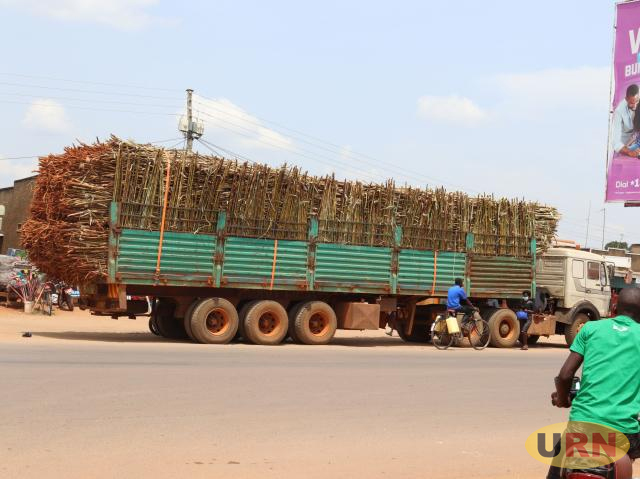
Lugazi, Uganda | THE INDEPENDENT | At least 12 sugar millers in Uganda face closure following a ruling by the High Court that they were established illegally.
The Monday ruling in the case, “Uganda Sugar Manufacturers Association (USMA) Limited v Attorney General and three 3 Others”, faulted the government for failure to institute a regulatory body that should be responsible for licensing, quality assurance and trade activities in the sector.
The ruling declared all licenses and permits issued by the Ministry of Trade, Industry and Cooperatives to CN and Shakti, “or indeed
any other sugar enterprise,” to establish and operate sugar and jaggery mills were unlawful.
Ironically, before the 2010 Sugar Policy was made, the last license had been issued in 2006 (to GM Sugar Ltd in Buikwe District) bringing the total number to seven.
The other existing ones were Kakira Sugar Works, Kinyara Sugar Works Limited, Sango Bay Estates Limited, Sugar Corporation of Uganda Limited, Mayuge Sugar Industries in Mayuge and Mukwano Sugar in Masindi.
But since 2010, at least 12 more have been licensed or established, including Amuru Sugar Works, Bugiri Sugar Factory, Buikwe Sugar Works, Busia Sugar Limited and the state-funded Atiak Sugar Factory.
Others are Hoima Sugar Limited, Kamuli Sugar Limited, Kenlon Industries Uganda Limited, Kyankwanzi Sugar Works, Sugar and Allied Industries Ltd and the Embattled CN and Shakti.
The court sided with the applicants that without a regulator as provided for by the Sugar Policy, the licenses or permits issued for the establishment of mills are illegal.
Apart from Amuru and Atyak factories in Acholi, all the others are located in the major sugarcane-growing Bunyoro and Busoga regions and areas close by, for easy access to the raw materials.
The court action by the sugar manufacturers was driven by the need for by the major and old factories to have stable cane supply through exclusive rights to the growers within a 25-kilometre radius as proposed in the Sugar Policy and a presidential directive.
Since 2011, there have been clashes between companies with the more established and bigger ones accusing the newer and usually smaller ones of “sugarcane poaching”, a phrase used to refer to a company buying cane from growers in areas deemed under the jurisdiction of another miller.
Uganda Sugarcane Out growers Association has opposed this saying it not only violates economic liberalisation policy but also their right to sell to the highest bidder.
Factories crush 55,000 tons of cane per day, with about 80 percent supplied by outgrowers.
The rapid growth of the number of millers has resulted in a rapid increase in the number of cane growers.
Therefore, the court ruling, if implemented, will first affect the more than 40,000 growers by frustrating their market, but also see a plunge in sugar output.
Sugar production in Uganda is estimated to have exceeded 800,000 tons annually with, Kakira, Kinyara and SCOUL producing about 380,000 tons.
Sugarcane prices are highly volatile, fluctuating between 50,000 to 190,000 shillings per ton in Busoga and between 80,000 to 240,000 in Bunyoro, for several reasons.
These include how much the harvest is, the demand by the export markets as well as uptake by factories.
When a major factory closes for seasonal repairs, demand falls and prices plunge. Similarly, long droughts Affect output and prices rise.
Also, growers who have contacts with millers enjoy more stable prices, though they might be curtailed from selling at a higher price or to a better buyer.
The Sugar Sugar Act, of 2020 established the Sugar Board to implement the Law, however, this was delayed by the process of rationalisation of public agencies which restricts the establishment of statutory bodies, according to the Trade and Industry Ministry.
Consequently, the Sugar (Amendment) Act 2023 was instituted to establish the Sugar Industry Stakeholder Council which would comprise representatives of stakeholders in the sugar industry and be funded by a sugar levy charged on millers.
The government would only provide regulatory oversight over the activities of the council.
In November 2023, Evelyn Anite, the Minister of State Finance (Privatisation and Investment) said it would require 2 Billion Shillings to put in place a Sugar Board.
*****
URN
 The Independent Uganda: You get the Truth we Pay the Price
The Independent Uganda: You get the Truth we Pay the Price



